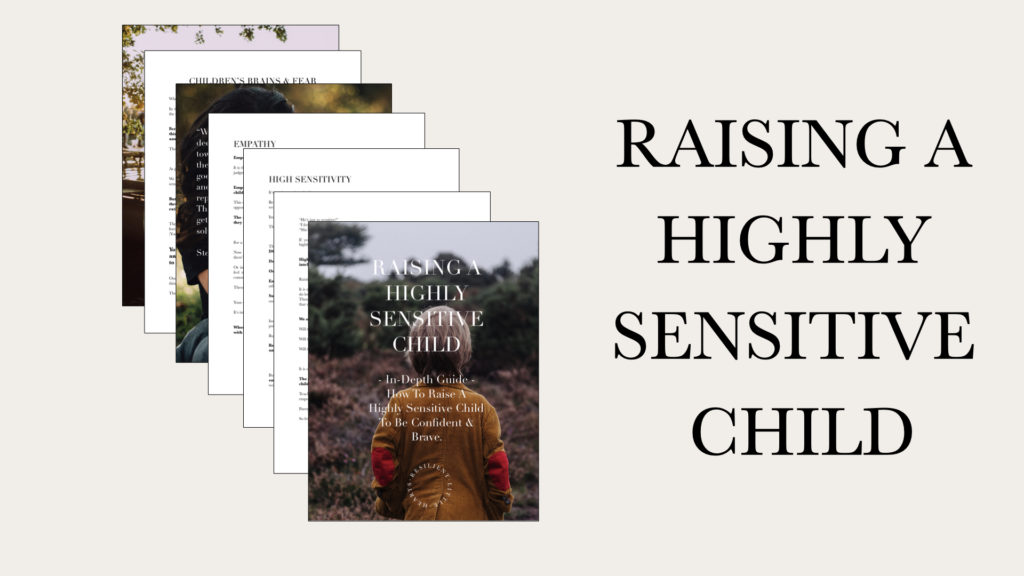How To Be An Emotionally Safe Relationship For Your Child
In order to cultivate resilience in our child, one of the most important things we can do is provide them with emotional safety.
Bessel Van Der Kolk says:
“Being able to feel safe with other people is probably the single most important aspect of mental health; safe connections are fundamental to meaningful and satisfying lives.”
Emotional safety is just as important to a child’s healthy development, as their physical needs.
An emotionally safe relationship provides a child with the space to decompress, recover & rest from the stress and challenge in the rest of their world.
Recovery is what fuels resilience.
Resilience is built within the space of challenge & recovery. If we only experience stress after stress, this will not have a positive growth or strengthening effect on our lives, but rather destroy it.
We must have both stress & safety.
Emotionally safe relationships are what provide this safety.
Emotional safety within a relationship looks like:
- Openness, honesty and empathy
- Trustworthiness
- No punishment for thoughts or feelings
- Holding confidentiality (unless something needs to be reported)
- No judgement of mistakes and failures
- Healthy boundaries of appropriate behavior
- Not using someone’s vulnerability against them
- Reliability of your presence and reactions
- Encouraging the heart and core of who they are
- Taking responsibility for your own feelings
- Appropriate and invited physical touch
- Not trying to fix or change their feelings
- Advocate for them when they aren’t able to speak up
A lack of emotional safety is at the heart of all trauma.
It is not just about what we go through in life that causes pain, it is the lack of caring and safe people to share the pain with. It is the feeling that we are all alone.
Dr Bruce Perry says:
“The more healthy relationships a child has, the more likely he will be to recover from trauma and thrive. Relationships are the agents of change and the most powerful therapy is human love.”
We can have a powerful therapeutic, resilience building, role in children’s lives simply by BEING an emotionally safe relationship for them.
Whether you are a parent, teacher, coach or family friend, we can all be emotionally safe relationships for the children in our world.
HOW TO BE AN EMOTIONALLY SAFE RELATIONSHIP FOR YOUR CHILD
Empathy is the capacity to see the situation from another person’s perspective and connect with the emotions they are experiencing.
Empathy is at the heart of emotionally safe relationships, because it is the opposite of shame or punishment for being human.
You can increase your empathy for your child by asking them what happened and how they are feeling. Then imagine how you would feel if you were them in the same situation.
Trust is the foundation of emotionally safe relationships.
Children innately trust the adults in their life, but trust can be broken over time by not being and doing what you say you will do. Trust is also instantly broken if you are abusive to a child.
If trust has been broken, you must work to rebuild it.
Even though they are your child, broken trust isn’t just “given” back, it must be built again by consistently demonstrating changed behavior.
This can be challenging if you were raised by parents who were solely focused on your “appropriate” behavior.
Most emotional reactions from children come from built-up challenges or frustrations of their heart.
If you can focus on dealing with what they’re really upset about (rather than be nit-picky about perfect behavior) you will show them that you see through their external behavior & see their heart.
Your reaction to vulnerable information will show your child whether you are emotionally safe or not.
Pause, breathe and think through the whole situation before you automatically react out of anger, or saying “what were you thinking?!”
This is particularly true if your child has gathered the courage to tell you something.
Focus more on their heart than the behavior.
If consequences need to be given for wrong choices, do so after connecting with their heart first.
In the heat of frustration, sometimes it can feel easy to bring up your child’s past failures or things they’re embarrassed about.
But this is taking something they have shared vulnerably with you & then use it against them to hurt them.
This will break trust within your relationship with them.
If you have done this in the past, take responsibility, apologize & work to mend the trust in the relationship.
Many times we are triggered or upset by our child’s behavior because we are tired, frustrated or triggered from our own emotional baggage.
Take a moment to separate your own feelings, from what needs to happen in the situation with your child.
When you respect your child’s feelings, opinions and tastes, it tells them that they are important and valuable.
If you constantly make fun of, or criticize who they are, they will want to hide who they are from you.
Again, if you think you have made this mistake in the past, take responsibility, apologize & work to mend the trust in the relationship.
Whether this is reporting serious situations, or taking with other adults to support them in school or friendship situations, you can advocate for your child without breaking their trust.
It’s important to tell them that you will talk to someone else about the situation, but clearly tell them what you will & won’t say.
When you are an emotionally safe relationship for your child, you are giving them the gift of resilience and emotional health. You are also providing them a blueprint of what kind of intimate relationships to look for in their future.












